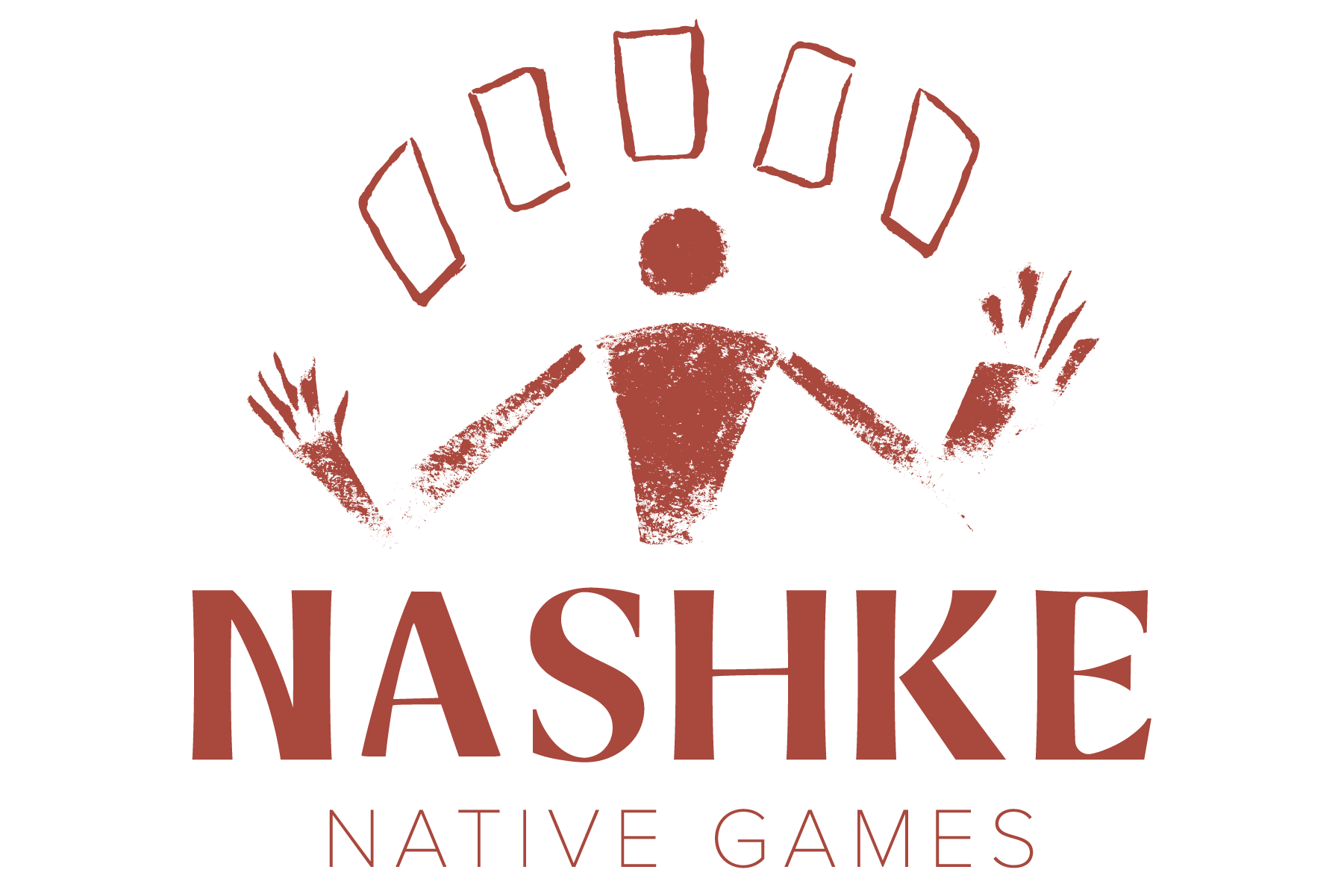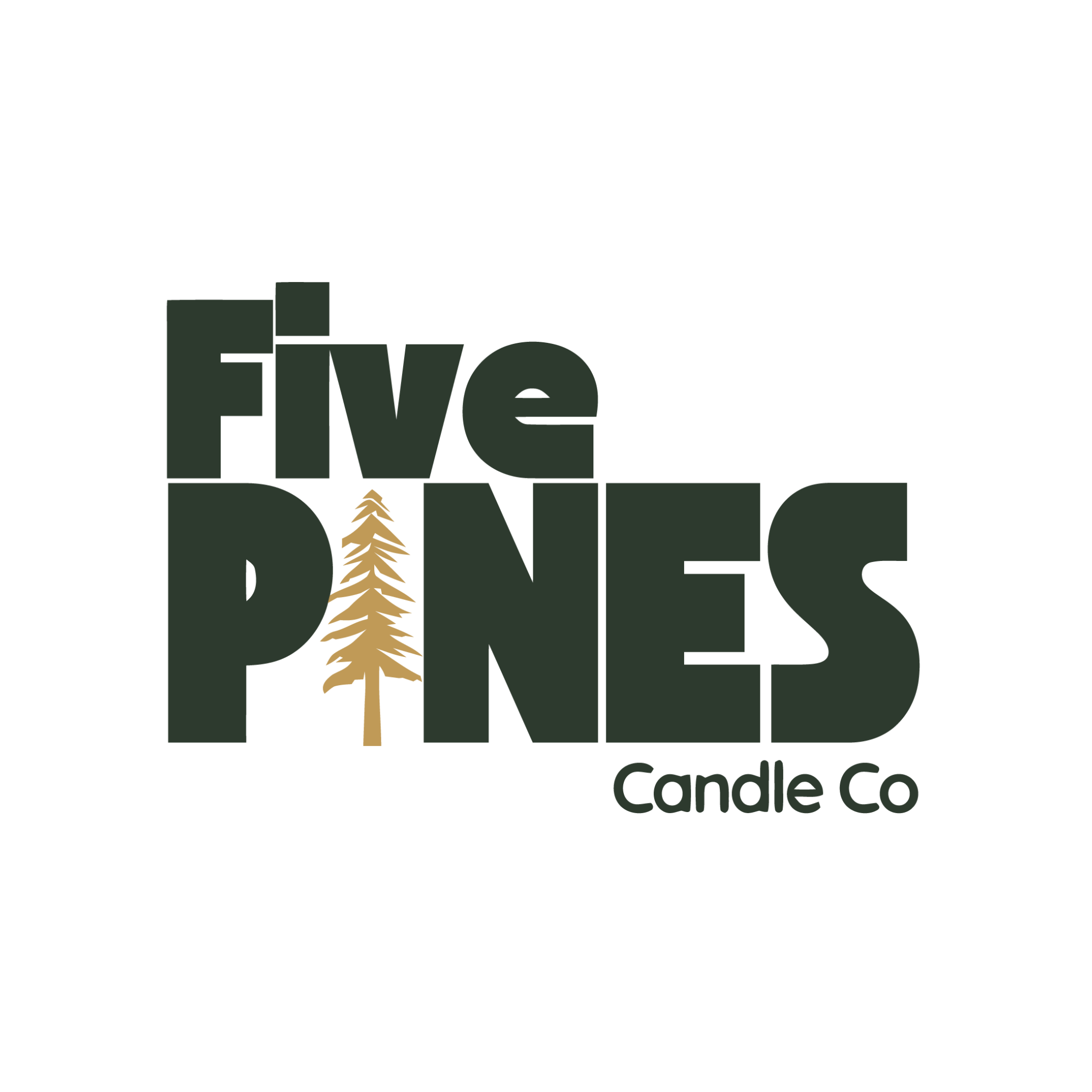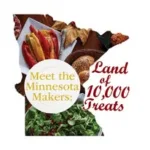|
WHO: |
CEDA/RBIL |
||
| BUSINESS TYPE: | Non-Profit | ||
|
SIGNATURE PRODUCTS: |
Rural Economic Development |
||
|
WHERE: IN-PERSON: WEBSITE: |
Rural Minnesota, Western Wisconsin, Northern Iowa Visit CEDA’s website to connect with their rural innovation specialists. |
By Michelle M. Sharp, Founder and Content Creator of Meet the Minnesota Makers
CEDA and RBIL may be two of Minnesota’s best kept secrets.
Let’s change that.
CEDA (Community and Economic Development Associates) works in and for rural communities. As non-profit, CEDA provides economic development services to rural communities, counties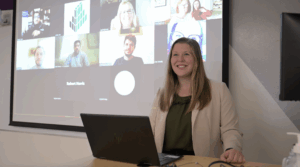 and organizations throughout rural Minnesota, northern Iowa, and western Wisconsin. Through this work, CEDA’s team has been able to identify gaps in resources for rural entrepreneurs. Those shortcomings guide the development of programs, notably the creation of RBIL (Rural Business Innovation Lab), to provide resources to rural entrepreneurs. Through free coaching, mentorship, and network-building, RBIL offers support to rural businesses seeking to scale innovative products and technologies.
and organizations throughout rural Minnesota, northern Iowa, and western Wisconsin. Through this work, CEDA’s team has been able to identify gaps in resources for rural entrepreneurs. Those shortcomings guide the development of programs, notably the creation of RBIL (Rural Business Innovation Lab), to provide resources to rural entrepreneurs. Through free coaching, mentorship, and network-building, RBIL offers support to rural businesses seeking to scale innovative products and technologies.
Fundamentally, CEDA, through programs like RBIL, restores the idea that small towns are thriving economic engines.
SMALL TOWN ENTREPRENEURS
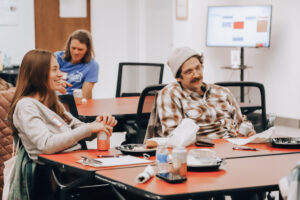 Supporting entrepreneurship growth is a strategy for rural resilience. With the right support, rural business owners stay rooted in their communities while creating jobs, building wealth and positively shaping the regional economy.
Supporting entrepreneurship growth is a strategy for rural resilience. With the right support, rural business owners stay rooted in their communities while creating jobs, building wealth and positively shaping the regional economy.
Cameron Payne and Joshua Schuetz, RBIL’s team leaders, empower the cohort of rural entrepreneurs to thrive right where they are, in their own rural communities. Cameron and Joshua explain how RBIL was inspired through work with communities that hired them to focus on general economic development through CEDA. CEDA found that local entrepreneurs drove much of the energy and innovation that had the potential to strengthen the local economy. These businesses weren’t just the downtown independently-owned storefronts—though those are vital—but rather businesses that were truly pushing boundaries to share their products and services beyond their immediate geographical territory.
Cameron’s prior experience in public works and corporate consulting and Joshua’s as a community journalist covering all the beats for his 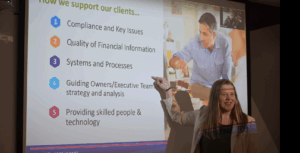 newspaper, enable them to appreciate the unique challenges of economic development for rural businesses.
newspaper, enable them to appreciate the unique challenges of economic development for rural businesses.
“When you’re an entrepreneur, you’re the show,” states Joshua. “You keep the lights on. You carry the burden of the financials, the location, the equipment and the customer experience. Being able to talk through your challenges is psychologically valuable and empowering. Having access to a sounding board and industry experts has measurable long-range impacts on the likely success of the business.”
HOW RBIL WORKS
One of RBIL’s greatest strengths is the depth and momentum of its growing network. What began as a small pilot program has evolved into a dynamic ecosystem of partners, mentors, consultants, funders and alumni working together to support rural entrepreneurs. Each year, they expand this network with intention, connecting business owners to new opportunities, industry experts and regional resources that would otherwise be out of reach. Sometimes it’s just a matter of making business owners aware of the available resources; it’s challenging to do that research while simply getting your business running.
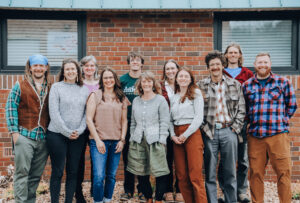 When you look at the data, Minnesota competes—or even exceeds—the national average in terms of entrepreneurs per person. The strongest resource programs in the state tend to be concentrated in urban areas.
When you look at the data, Minnesota competes—or even exceeds—the national average in terms of entrepreneurs per person. The strongest resource programs in the state tend to be concentrated in urban areas.
Rural entrepreneurs are often isolated with limited access to the tools they need to grow. Relocating isn’t an option. If you’re farming mushrooms on land that’s been in your family for generations or tapping maple syrup from your own trees, moving to Minneapolis just isn’t feasible. “Working with rural entrepreneurs who want to scale their business beyond their community while living within their regional geography allows us to fill a gap,” explains Cameron. “This sort of business typically has a high level of economic impact on their community. They hire and invest their revenue right where they are.”
Current and past RBIL cohorts include businesses in agriculture, agricultural technology, clean energy, regenerative agriculture, agricultural technology, clean energy, food and beverage, education, government work, textiles, and more.
Now in its third cohort cycle (with applications for the fourth opening in January 2026), RBIL is a community where peers navigate challenges and celebrate triumphs together. Beyond the 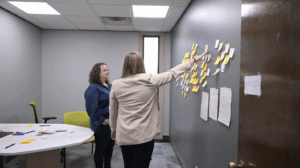 program coaching and workshop sessions, its alumni network fosters ongoing support and mentorship.
program coaching and workshop sessions, its alumni network fosters ongoing support and mentorship.
Program components include:
- An immersive, eight-month experience with access to RBIL coaches, curriculum, network and resources.
- Weekly individual business coaching.
- Monthly collective workshops and networking (both virtual and in-person).
- Access to consultants in specialized fields.
YOU SHOULD APPLY
Wondering whether RBIL is a good fit for your business? They welcome applications from business owners located in rural areas who produce a scalable innovative product or service. RBIL wants to know where they can best help solve the problems your business faces.
How do the RBIL alumni feel about their experience? Nick Revoir from Simple Cider Company shared the following feedback with Cameron after a coaching session, “Your push and motivation helped so much this week! You give me (and likely everyone else) so much energy to be rockstars (or evil knievels) on our businesses. There is no way I would have gotten close to this far 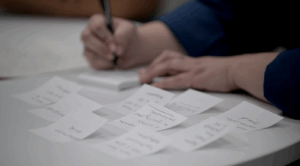 without your help.”
without your help.”
Meet the Minnesota Makers will share the stories of eight alumni or current RBIL cohort members in partnership with RBIL. Come meet these rural innovators, discover their innovative products and how RBIL has made a difference for their businesses.
GET IN TOUCH
Contact Cameron Payne cameron.payne@cedausa.com at RBIL to learn more about the program. Visit 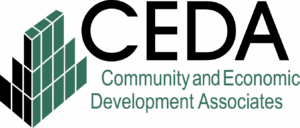 https://www.cedausa.com/ruralinnovation/ for a program overview.
https://www.cedausa.com/ruralinnovation/ for a program overview.
Follow @ruralbusinessinnovationlab on Instagram 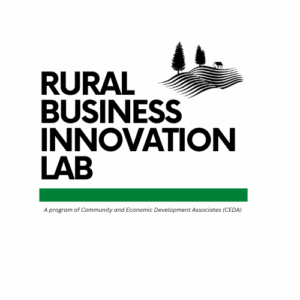
Follow CEDA on Facebook, Instagram, and LinkedIn.
Visit meettheminnesotamakers.com or follow @meettheminnesotamakers on Facebook and Instagram as well as Ambit and LinkedIn to discover the small business owners that make Minnesota an amazing place to be! Meet the Minnesota Makers is a news site that connects you to the local food, farms, artists and artisans that make Minnesota thrive.

